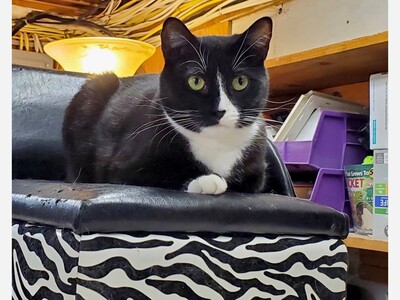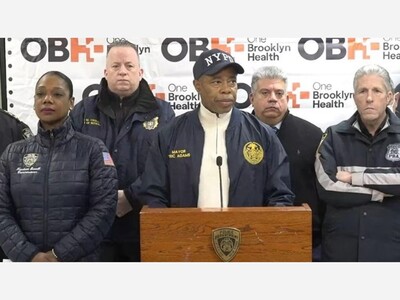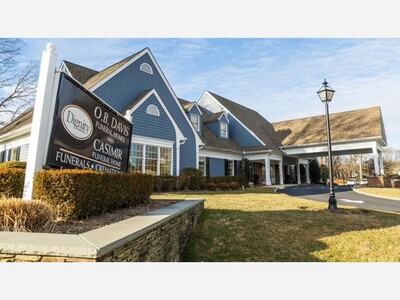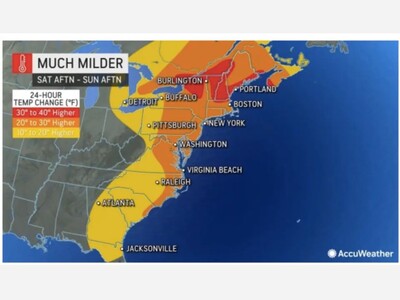Bed Bath & Beyond Closing Two Long Island Stores
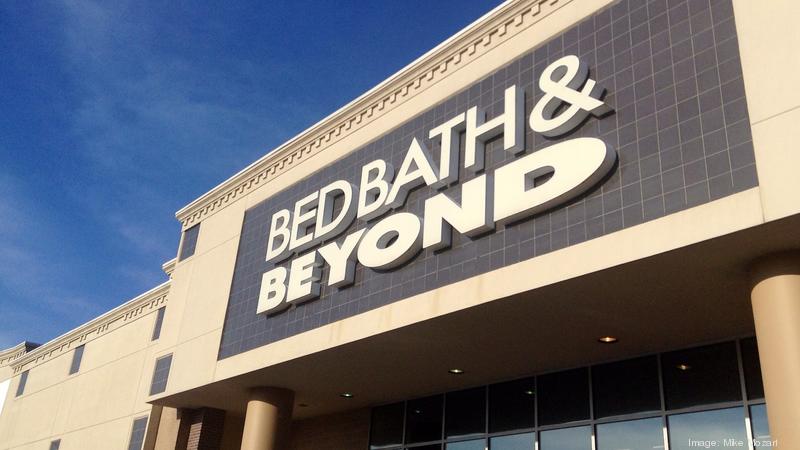
Bed Bath & Beyond is close to the edge of bankruptcy and is reducing in size once more.
The holding company of the home goods retailer has declared that 87 more Bed Bath & Beyond locations would be shutting down, which includes two in Long Island- New Hyde Park and Bohemia- as well as five buy-buy baby shops that offer babywear, furniture, and other merchandise on Long Island.
Bed Bath and Beyond Inc. are shuttering all 49 of its Harmon, Health, and Beauty stores, including the six Harmon Face Values stores located on Long Island in Carle Place, Massapequa, Melville, and Mineola in Plainview.
Since its start in 1971, Bed Bath Beyond has shuttered hundreds of shops in the years since in a bid to reduce its debt.
By November 26, the organization had a sum 949 outlets, including 760 in the U.S. and Canada, 137 'Bye-Bye Baby' stores, and 50 under the names, Harmon, Harmon Face Values, or Face Values.
Five years prior, the company had a total of 1558 establishments, including 1020 Bed Bath & Beyond locations.
Currently, there are eight Bed Bath & Beyond stores and one Bye-Bye Baby store located on Long Island.
Bed bath, beyond has taken steps to better its position, such as economizing, shutting down shops, and negotiating rent deductions from retailers' property owners, it stated in a filing with the US Securities and Exchange Commission on Thursday.
Analysts have suggested that the Union, New Jersey-based retailer has been facing difficulty for at least a decade and is likely headed toward bankruptcy in the near future.
The company's earnings report released in January stated that they lost $392.9 million in the third fiscal quarter, which ended November 26, as well as $1.11 billion throughout the first three-quarters of the year 2022.
Last week, in a document submitted to the Securities and Exchange Commission, Bed Bath & Beyond declared that it had not kept up with debt payments to JPMorgan Chase and was investigating various options to reorganize its debt for restructuring, even considering bankruptcy as an alternative.
The retailer's issues face many difficulties, such as excessive store ownership, the absence of product differentiation, growing rivalry from the HomeGoods sector, and, in the last few years, bed Bath beyond's unsuccessful transition from name-brand to private label goods.
Bed Bath Beyond customers opt for nationally-known brands, so the store must discard the stock that was not purchased and resupply goods that the customers desired.
The company was overly reliant upon coupons in order to remain competitive with regard to pricing.
